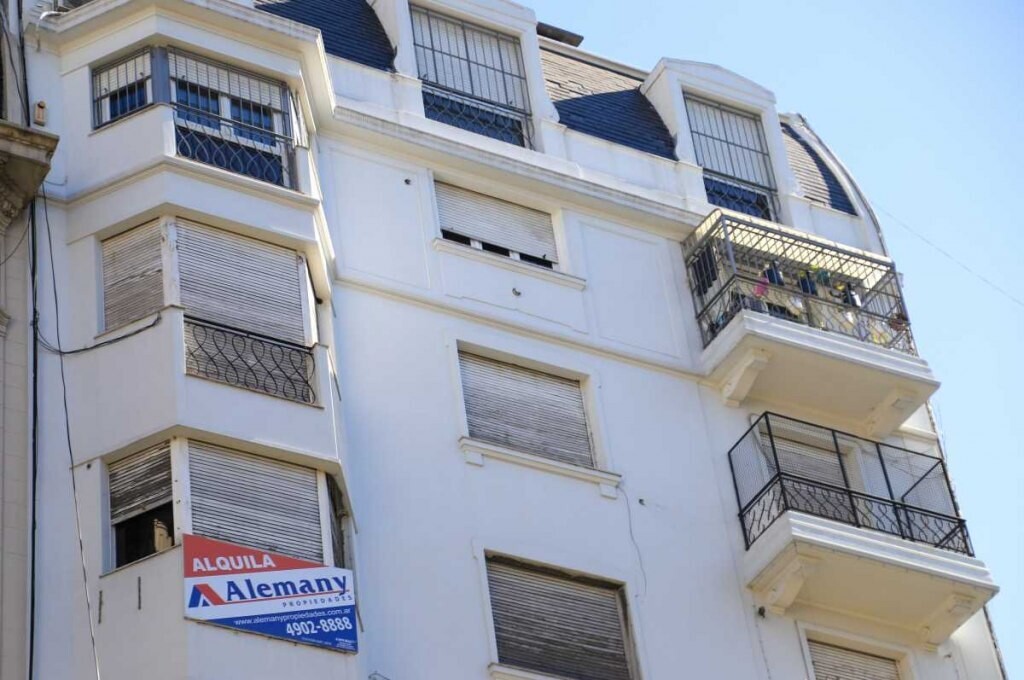
The Supreme Court of Justice of the Nation ruled in favor of enabling the auction of a house in Castelar, Buenos Aires province, after declaring the unconstitutionality of a provincial law that protected the only permanent residence without requiring registration. The decision was based on the non-fulfillment of a promissory note by the owner of the property.
The story began when a teacher filed an extraordinary appeal before the Supreme Court after judges Ricardo Lorenzetti, Carlos Rosenkrantz, and Horacio Rosatti denied her appeal. Although the Attorney General of the Nation and the Prosecutor General supported her position, the Supreme Court rejected her argument due to the lack of demonstration that the contested ruling violated the federal law invoked.
The ruling issued by the Supreme Court aligns with previous decisions of the court that declared similar provincial regulations unconstitutional, highlighting the supremacy of the National Constitution and federal laws over provincial laws in matters related to garnishments and executions.
On this occasion, the Court determined that a provincial law cannot protect properties from garnishment if they are not registered, as it goes against national regulations that require such a procedure. The auction of half of the property, which was shared with the owner's ex-husband and constituted the family home along with their two minor children at that time, was established.
The owner attempted to stop the auction by appealing to Provincial Law 14,432, issued in 2012, which safeguarded single residences without requiring registration in the property registry. However, the Supreme Court maintained that it is the competence of the National Congress to define which properties can be garnished and executed, in this case, confirming the decision to enable the auction of the property in question.










